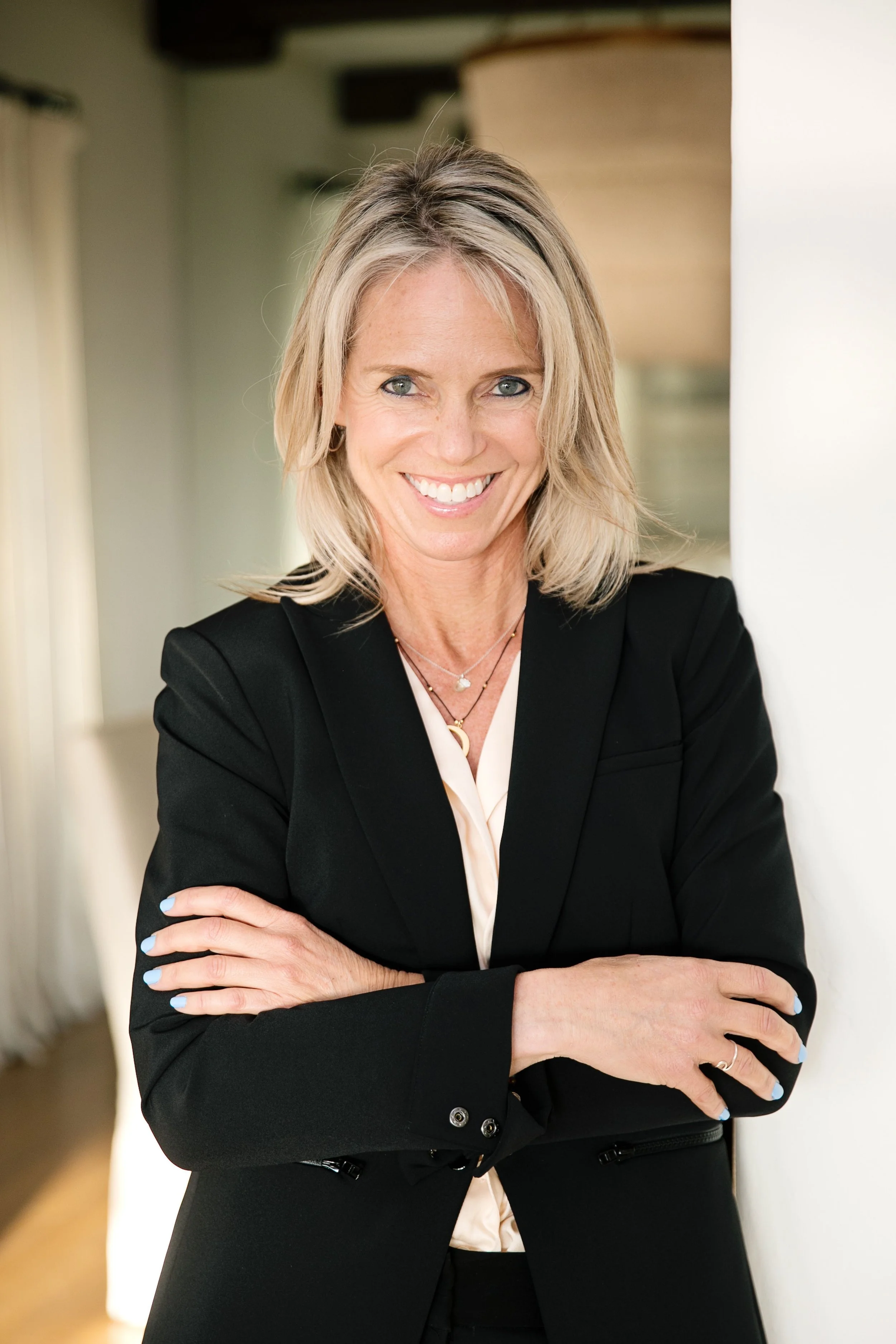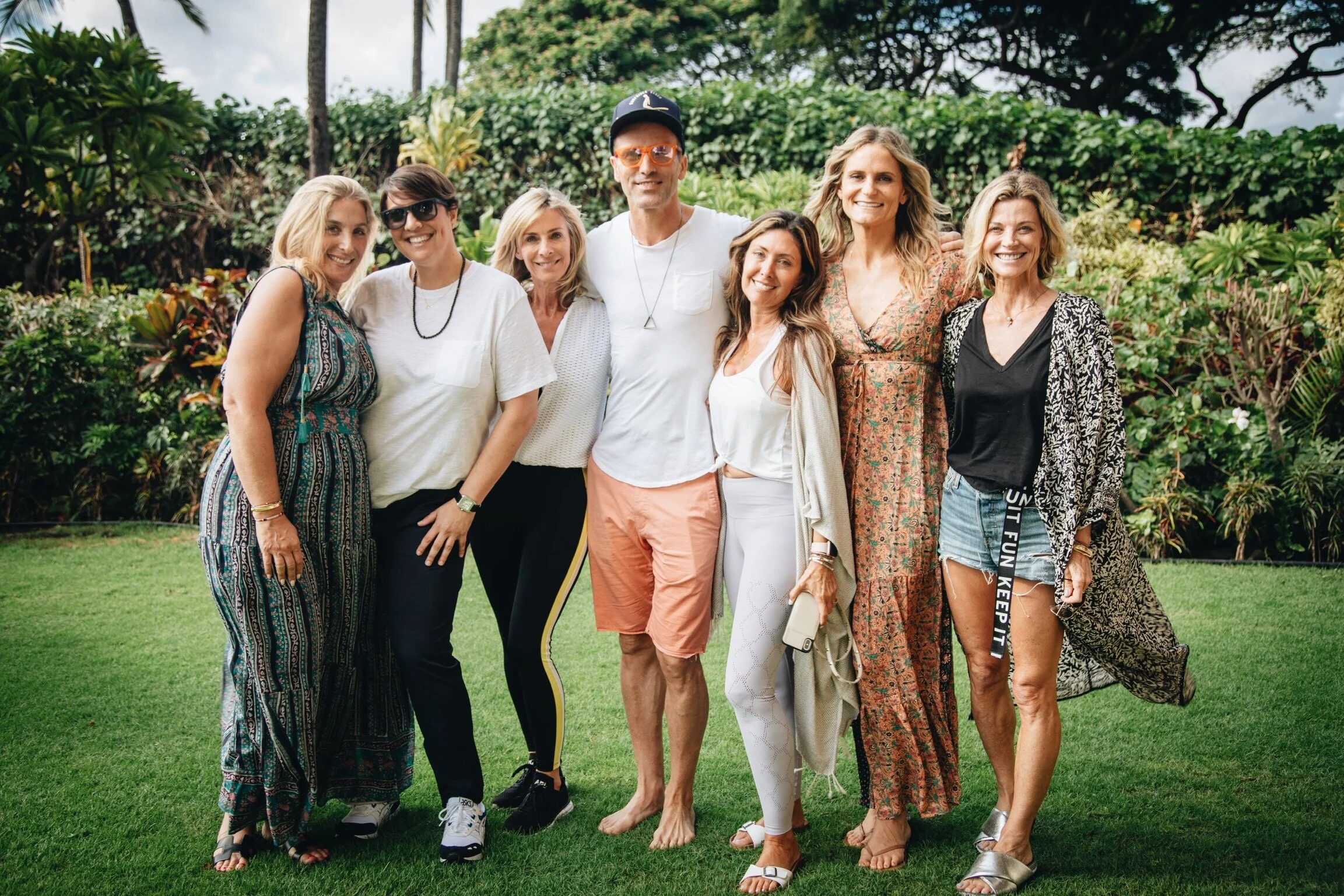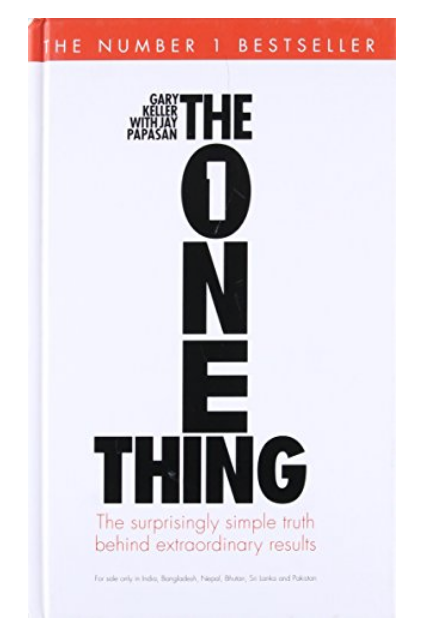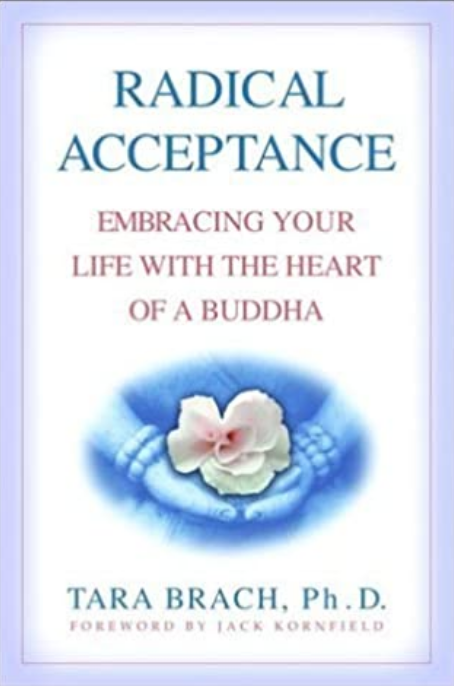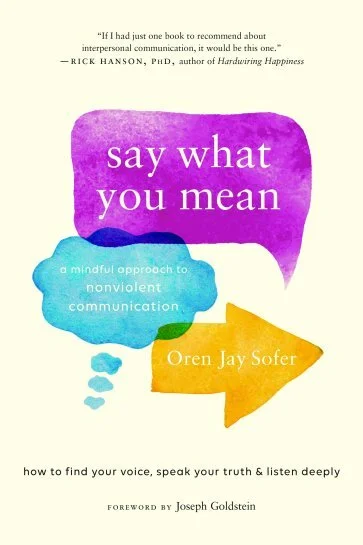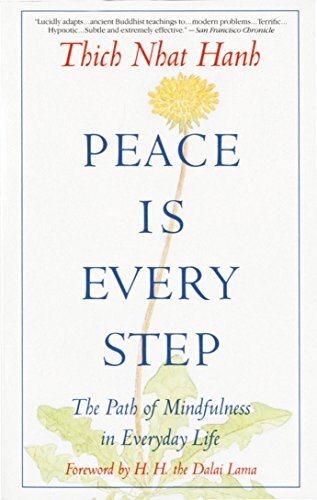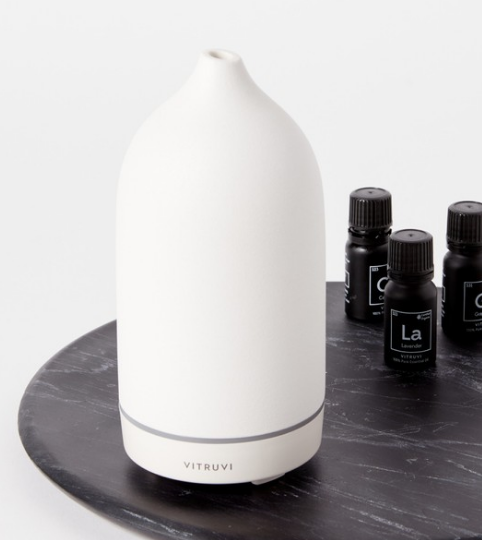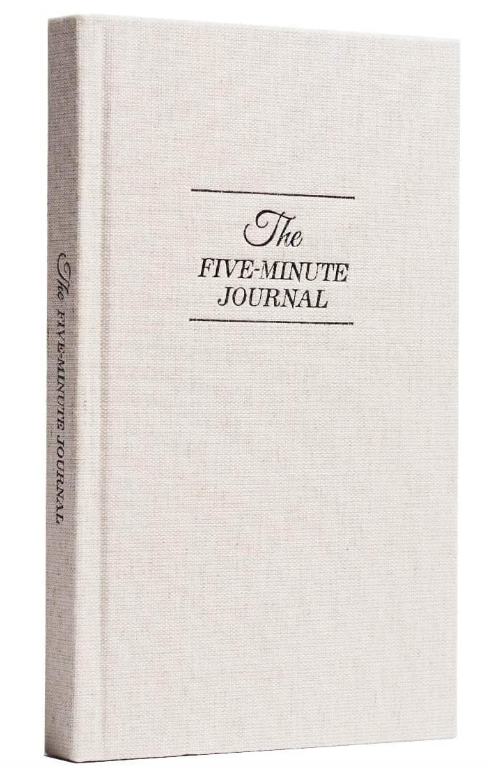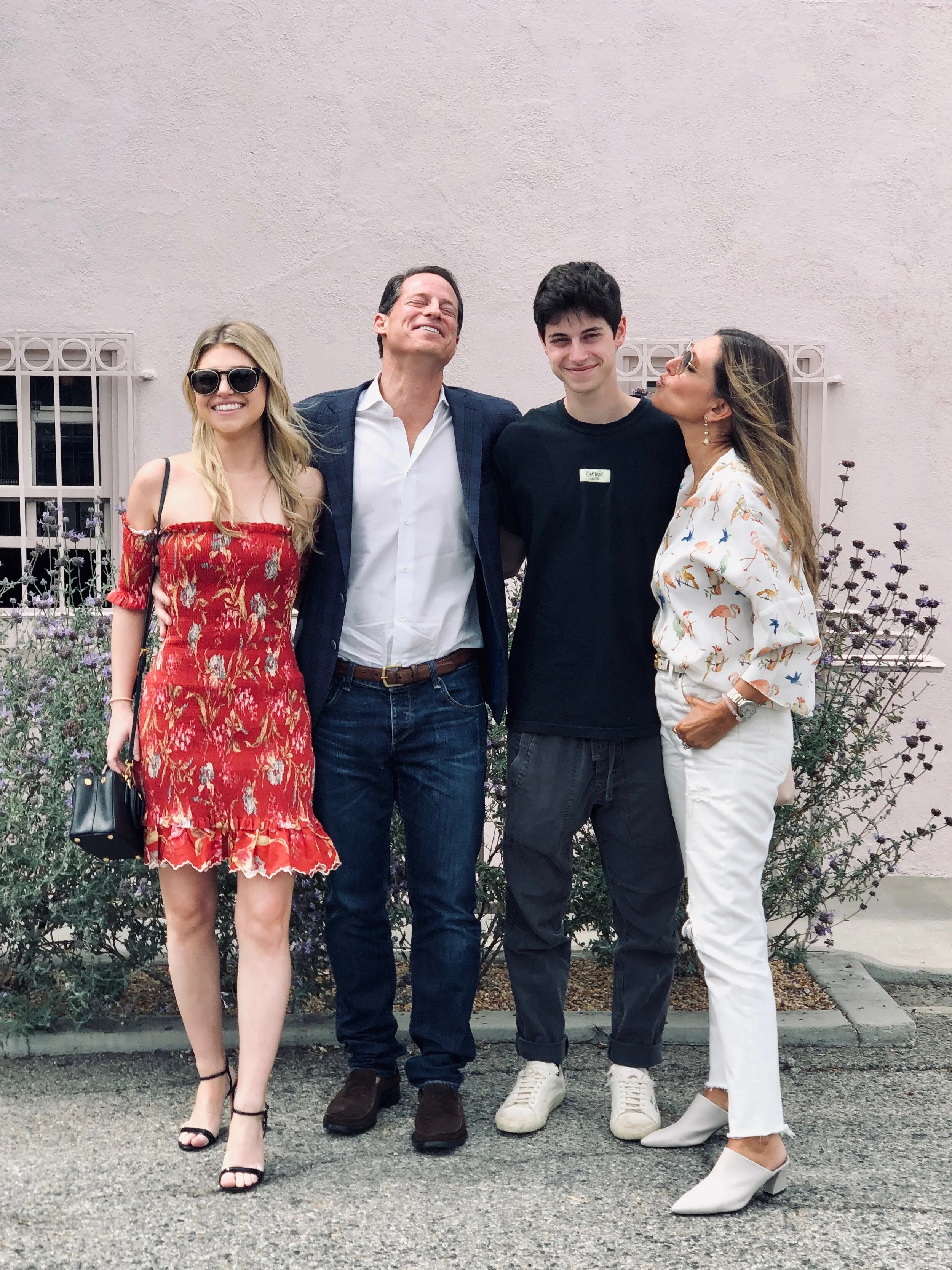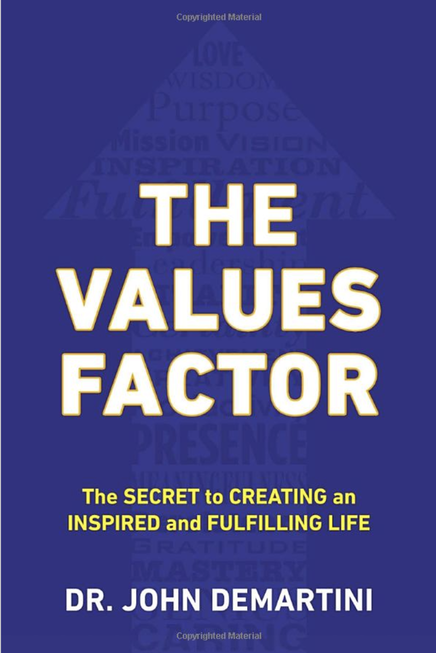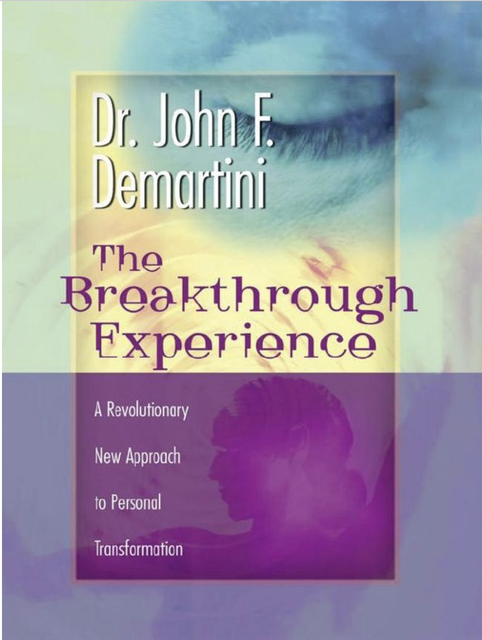To close out Mental Health Awareness Month, I thought I would share some important intel from Sara Schulting Kranz, my guest editor for May! Sara is a multiple trauma survivor, certified wilderness guide, and thought leader on the healing powers of nature. Her mission is to guide others on their healing journeys and inspire people to live their lives boldly. Read on to find out how Sara reinvented her life at 40…
Read moreMindfulness and Practical Life Skills- Tips for Getting Through the Current Covid-19 Climate and Beyond, by Erin Lotz and Sasha Ginsburg-Krasny
Photo Credit: Kelly Fogel. SHIFT Mind, Body, Soul Wellness Retreat, Four Seasons Maui.
During this stressful time with the Covid-19 pandemic, I’ve found myself clinging to my mindfulness and gratitude practices more than ever. Perhaps it’s because these two things help me to pause and better choose how to approach the many things that are out of my control at the moment. When I think of the word mindfulness, common suggestions such as being more present, focusing on one thing at a time, and taking time to meditate come to mind. But in conversation with my friend and Psychotherapist, Erin Lotz, I also realize mindfulness isn’t just about these things, it’s also about validation, acceptance, and sitting with any opposing feelings we may be experiencing.
I met Erin at the Shift Mind Body Soul retreat last September, where she taught a fascinating workshop and gave us some tools to help improve our overall mental health. Erin and her co-founder, Sasha Ginsburg-Krasny, run a psychotherapy treatment center, Westside DBT, with two locations in the Los Angeles area. Dialectical Behavioral Therapy (DBT) combines both cognitive-behavioral therapy and mindfulness approaches that help people understand, accept, and change patterns of living that cause distress.
This month, I'm pleased to welcome this guest contributor duo to my platform. Read on to see how Erin Lotz and Sasha Ginsburg-Krasny take us down a path less traveled when it comes to sharing a different way to look at mindfulness and some great suggestions on how to apply this practice.
Photo Credit: Kelly Fogel shot at the SHIFT Mind, Body, Soul Wellness Retreat. Pictured above Nicole Fogel, Erin Lotz, Peter Crone, moi, Lauren Roxburgh and Janet Gunn.
For several years, the concept of mindfulness has been researched, discussed, and promoted in many different areas. Healthcare workers, mental health clinicians, nutritionists, and others have sought to implement mindfulness in their work with their clients. Mindfulness retreats have become coveted events all over the world. What was once a buzz word, is now widely used in several different fields. However, with this emergence, mindfulness can sometimes feel more complicated than it is and perhaps unnecessarily confusing.
Now, in 2020, the entire world is facing a physical and mental health pandemic, Covid-19. Regardless of where you are in your acceptance of this enormous life challenge, mindfulness is the most relevant practice that can get us through these times. Jon Kabat–Zinn defines mindfulness as, “paying attention in a particular way, on purpose, and in the present moment taking a nonjudgmental stance.” That’s it. Think about that elegant simplicity. The emphasis is “on purpose” as opposed to being on “auto-pilot”. This simplicity allows for individuals to embrace mindfulness anywhere and anytime. It can be simple, practical, and helpful.
A friend once asked, “Why would I want to pay attention all the time? Who wants to do that? I’m good with the way things are. Besides, life kind of sucks sometimes.” Many of you must be thinking that right now and, to be completely honest, our friend has a good point. Nevertheless, the other side of this dialectical dilemma is that when we pay attention on purpose, we allow ourselves to increase the quality of our lives. Also, we get to take hold of how we create and respond to whatever is right in front of us, whether it causes us joy or pain. We become the drivers in our own life, allowing us to metaphorically take hold of the wheel and steer. Choosing to ignore our realities can cause more suffering than confronting them. Paying attention to our internal and external experiences empowers us to make an actual choice.
As clinicians using Dialectical Behavior Therapy (DBT), we hold the philosophical stance of dialectics. A dialect is two opposing forces both being true at the same time. An example of this is the concept of acceptance and change. We can accept life on life’s terms and our current circumstances but also want things to change at the same time. Dialectical dilemmas and tensions are what we experience when we are pulled in the two opposing directions. This can feel very distressing at times, however, it is actually a very natural and common phenomenon that most individuals experience but do not talk about. It is not good or bad, black or white, happy or sad. It is both at the same time. If we do not acknowledge the dialectical dilemmas that we face daily it results in our living in the extremes and failing to find a cohesive synthesis. Through mindfulness, we can observe these opposing forces and try to purposefully walk the middle path between the two. Doing so without imposing judgment, personal interpretations, and opinions is also helpful.
During this pandemic, a common dialectical dilemma that we have been observing is wanting to live our lives as normally as possible while having to accept the new shelter at home guidelines that are keeping us physically distant from our loved ones. Both of these ideas are true and both can be held at the same time. This can cause an immense amount of stress and research illustrates how stress or anxiety affects our cortisol levels. Cortisol is the stress hormone and an increase in cortisol levels can, in turn, compromise our immune system.
There is no doubt that we are all feeling a sense of heightened uncertainty specific to the COVID-19 pandemic. Likely, most of us have now gone into survival mode which is a natural instinct that is meant to be temporary. Living our lives to simply survive is not living. So, how do we shift from survival to living? The answer is mindfulness.
Here are a few suggestions that can help in your own mindfulness practice.
Pay attention to how you are talking to yourself and others about COVID-19. How we talk to ourselves affects how we feel and how we behave. You can empower yourself and stay mentally healthy by reframing distressing thoughts to embrace a sense of calm and not spiral into catastrophic fear or panic.
When we are practicing Mindfulness, we become curious, nonjudgmental observers on purpose. We notice and put words to our experience. “I’m noticing fear. I’m noticing that I am focusing on my negative self-talk.” Our worry thoughts can be intrusive but when we learn to pay attention deliberately, we become more aware of how our thinking is affecting us. We can hit pause and “take hold” of our mind as opposed to allowing our mind to take control of us. When you are feeling anxious, stressed, or fearful ask yourself “is this thought helping or hindering me?” If it is a hindrance then practice reframing the thought.
Think of a more adaptive thought, even if you do not fully believe it. Acting “as if” often helps change your cognitive process.
Validation is another effective strategy. It creates a sense of safety and belonging. When we practice validation, we acknowledge that our internal experience makes sense. It makes sense that most people are feeling unsettled and wanting to gain a sense of control right now. Identifying that it is normal to feel this way and understanding that we are not alone are helpful self-validation strategies.
Radical Acceptance is another DBT skill that relates to mindfulness. This is acknowledging our reality instead of wishing it was different. When we practice radical acceptance, it is important to know that accepting our reality does NOT mean we must agree and approve of it. It is simply reminding yourself that it is happening. We can only move forward and change when we accept what is.
Radical acceptance allows us to live with our eyes wide open, not live in the dark or in denial. Suffering is the non-acceptance of pain. In essence, suffering becomes optional and when we acknowledge what is happening we become empowered to do something about it.
As we move through this time as a community, remember mindfulness is a skill that needs to be practiced daily. You can do it with awareness. When we exercise this skill, we are choosing to calm our central nervous system and keep our immune system strong. We can create new neural pathways in the brain and increase the quality of life.
As each of us practices common mindfulness suggestions that we frequently hear and read about, we also encourage you to consider practicing validation, radical acceptance, and dialectical thinking strategies.
Sasha Ginsburg-Krasny and Erin Lotz co-founded Westside DBT, a comprehensive dialectical behavior therapy outpatient clinic in August 2010. They were intensively trained as a team, through Behavioral Tech, and have extensive experience in the field of DBT (Dialectical Behavior Therapy), with a combined 27 years experience.
Sasha and Erin currently treat families, adolescents, and adults in West LA and Studio City locations along with a team of 16 therapists. They have provided clinical training for the UCLA psychiatry residents for the past four years and are also trained in the newest application of DBT; launching a novel program to bring DBT to children between the ages of 6 and 12, as well as their families.
Sasha, a USC graduate, received her training from Harbor UCLA, a DMH facility in Torrance, California. She currently specializes in cognitive behavioral therapy and DBT, working with adults and family members. Sasha lives in Santa Monica with her husband and 6-year-old son. She also has two step-daughters in college.
Erin Lotz is a USC graduate as well, holding a Master’s Degree in Clinical Social Work. She was first introduced to DBT while providing psychotherapy at Optimist Youth Homes, working with adjudicated youth and she participated in her first two-day DBT training with Marsha Linehan in 2000, the founder and creator of DBT. When Erin worked at Cedars-Sinai Medical Center in Los Angeles, in the Department of Psychiatry and Behavioral Neurosciences, she helped integrate DBT into Thalains’ Dual Diagnosis and Adult Intensive Outpatient programs, while training the psychiatry residents and clinicians. Erin currently resides in Pacific Palisades with her partner, son, and two dogs.
Erin Lotz, LCSW and Sasha Ginsburg-Krasny, LCSW
Co-Founders of Westside DBT
West LA and Studio City
www.westsidedbt.com
SHOP Recommended Reads and Wellness Products Below!
The One Thing by Gary Keller with Jay Papasan
SHOP The One Thing: The Surprisingly Simple Truth Behind Extraordinary Results by Gary Keller with Jay Papasan
Radical Acceptance by Tara Brach
Say What You Mean by Oren Jay Sofer
Peace is Every Step- The Path of Mindfulness in Everyday Life by Thich Nhat Hanh
SHOP My Favorite Wellness Products Below!
There is a Blessing in Every Stressing, by Dr. John Demartini
Photo Credit: Kelly Fogel. Sunrise at Haleakala Summit in Maui at the SHIFT Mind, Body, Soul Wellness Retreat.
It has long been said that it’s not what happens to you, but how you react that matters. Over the years, I have gained perspective from living through some very tough times and truly believe this to be true.
My Guest Contributor this month, Dr. John Demartini, a well-known author and one of the leading authorities on human behavior and personal development, wrote a wonderful article about seeing the hidden blessings in challenging situations. I think we can all use a bit of a pep talk now in that area.
With the family, May 2019. Rachel Meyers, Michael Meyers, Alex Meyers
I know this is a stressful time for each and every one of us! In the midst of all the Coronavirus craziness, I am striving to find the positive in all of this. One of the biggest gifts for me is having our family all together again. My nest is temporarily full with both of my adult children home from University for the rest of the school year. Yes, it can get crowded with the four of us all trying to WFH, but on the flip side, we are learning to live together as four adults, to respect each other’s workspace and take turns with the cooking and chores. I am consciously choosing to look at the big picture; at what a gift this unexpected time together is.
Read Dr. Demartini’s article below for inspiration regarding how to face a crisis. One of my favorite lines from the article is “Nature does not deliver crisis without opportunity, or misfortune without blessing.” What will your hidden blessing be when all of this levels out?
“Pure wisdom is the instantaneous knowing that each crisis in life is indeed a blessing”
When was the last time you experienced a crisis? Did it seem like it was the end of the world? Did you feel helpless, frustrated, burned-out or just down and depressed? Did you say to yourself, “This is the last straw. I am sick and tired of being sick and tired! This has got to stop. I can’t go another day like this.”
Everyone experiences moments where outer circumstances appear to be an overwhelming crisis. For many, these circumstances dominate and rule their lives. These crises leave lasting scars unless they are recognized as truly being blessings. When the worst crisis becomes your greatest blessing, you heal. Nature does not deliver crisis without opportunity or misfortune without blessing.
Some people have crises that drag out for years. Others seem to nip their crises in the bud almost immediately. It’s not the outer circumstances that necessarily create the crises. While they may elicit the crises, it is a person’s reaction that actually turns circumstances into crises.
The length of time it takes for you to recognize your outer crisis as a blessing, correlates with your degree of wisdom.
Some misfortunes don’t reveal their blessing easily, while others are recognized immediately. Hidden within all misfortunes are the seeds of an equal but opposite fortune.
In the mid 1980s, hundreds of thousands of people were let go or laid off from their jobs. Some of these people were left without income, some without other career opportunities and some, ultimately, without their families.
At first sight, this may have been perceived as a crisis, however, today many of those same people have undergone an in-depth soul-searching and re-evaluation of their lives, only to discover that they genuinely had a dream in their hearts to be, do and have something more than what they were previously experiencing and accepting.
Other people have tapped into a more profound purpose for their life than what they were allowing, and are now making their meaningful dreams come true. They are now doing exactly what they always loved to do but never had the guts to do until the crisis occurred.
A crisis is ultimately a blessing.
They are the flip side of the coin of life. Many people have been temporarily devastated by broken relationships only to discover at some later time that their supposed misfortune was a blessing. Their very loss was their ultimate gain.
“Whenever a door shuts, a window opens”
The longer you live, the more this seemingly paradoxical relation becomes evident and the more you see the correlation between past crises and future blessings. Through time and experience, your reactions subside and more patient actions result.
Since blessings are seeded in crisis and it seems quite easy to be thankful for blessings, why not move wisely ahead and assume that any perceived crisis is a blessing? Be thankful for its strengthening qualities. Why not act thankfully instead of reacting pitifully?
As long as outer circumstances run your life, you can expect a life filled with crises. But as soon as you take charge of your reactions and change them into thankful actions, your life will begin to flow.
Be thankful.
You won’t be confronted with a crisis you can’t handle. Be thankful.
The next time you’re confronted with what appears to be a crisis, just ask yourself, “What is the hidden blessing?”
The deeper you look, the easier you will find it. When you do, you can say “good-bye” to its corresponding frustration, anger and depression.
No tree stood strong without the wind.
No group stood strong without its heretic.
No person can be strong without a challenge.
So be thankful for yours!
Click HERE for more information on Dr. Demartini and follow him on Instagram! He is also a best-selling author, so if you’re looking to learn more you can click HERE for books he’s written on the subject of health and wellness.
Shop Dr. Demartini’s best-sellers below!
The Values Factor by Dr. John Demartini
SHOP The Values Factor by Dr. John Demartini
The Breakthrough Experience by Dr. John Demartini
SHOP The Breakthrough Experience by Dr. John Demartini
ABOUT DR JOHN DEMARTINI
Dr. Demartini is considered one of the leading authorities on human behaviour, leadership and wealth building. He has presented along-side Sir Richard Branson, Donald Trump, Stephen Covey, Deepak Chopra, Wayne Dyer, Steve Wosniak and many others. He has been a welcomed guest on Larry King Live, CNN, CNBC, is a contributor to Oprah Magazine and hundreds of other magazines, and featured in the international phenomena The Secret. He has been filmed and appeared in nearly 40 documentaries such The Opus, The Compass, Spirit 2 Power, Overfed and Under Nourished, Leap and Oh My God alongside celebrities such as Hugh Jackman, Seal, Ringo Star, David Copperfield and Bob Geldof, and is the author of 12 books published in 36 different languages. He has produced over 75 CDs and DVDs covering subjects such as personal development, relationships, wealth, education and business. Learn more at his website, www.drdemartini.com.

